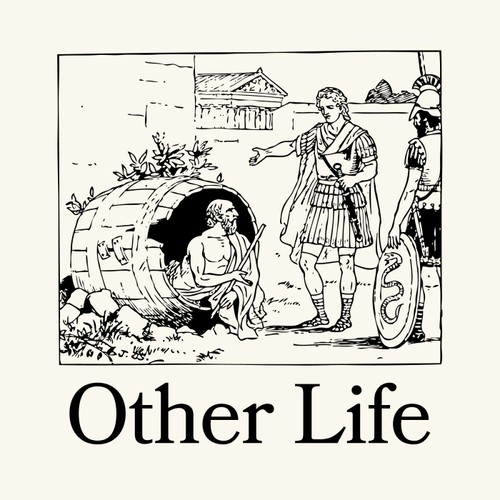
 Other Life
Other Life The Truth Will Set You Free: Nietzsche vs. St. John
9 snips
Nov 13, 2024 Dive into a compelling exploration of Nietzsche's critique of Christianity and the contrasting insights of the Gospel of John. The conversation highlights the invitation to pursue truth rather than blind faith, advocating for a deeper understanding of miracles and their place in modern life. Delve into the intricate ties between truth, morality, and freedom, emphasizing how a genuine commitment to truth can lead to ethical living and transformative experiences. This thought-provoking dialogue invites listeners to reevaluate their beliefs and understanding of reality.
AI Snips
Chapters
Books
Transcript
Episode notes
Sin and Truth
- Sin is acting as if truth is untrue, deviating from the natural order.
- Following truth leads to an ideal state (heaven), rejecting it leads to hell.
Nietzsche's Critique Misrepresents Christ
- Nietzsche criticizes Christianity for demanding naive, slavish belief.
- Justin Murphy argues this misrepresents Christ's message in the Gospels.
Christ Testifies to Truth
- Christ's message emphasizes testifying to truth, not demanding blind faith.
- He invites questioning and emphasizes personal experience.





